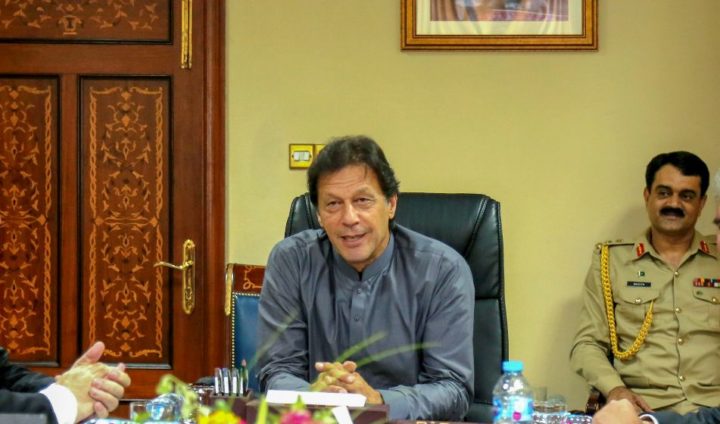Imran Khan, the incarcerated former Prime Minister of Pakistan, has entered a plea of not guilty to charges of divulging state secrets, dealing a significant setback to his aspirations of participating in the upcoming general election in February. The accusations revolve around the alleged disclosure of classified information contained in a cypher cable sent to Islamabad by Pakistan’s ambassador in Washington.
Gohar Khan, the legal representative for Imran Khan, challenged the indictment, asserting its validity only if signed by the accused. Imran Khan had previously contended that the contents of the cable had surfaced in the media through alternative channels. A conviction under the Official Secrets Act carries a potential sentence of up to 10 years in prison. This marks the second instance of Khan facing such charges, with a previous indictment annulled by a superior court on technical grounds. The new trial, conducted within the confines of the jail for security reasons, is scheduled to commence on Thursday.
Imran Khan, aged 71, has been in custody since his conviction on corruption charges in August, receiving a three-year sentence. Khan contends that the leaked cable is evidence of a conspiracy involving the Pakistani military and the US government to destabilise his administration in 2022, following his visit to Moscow before Russia’s invasion of Ukraine. Despite his victory in the 2018 general election, critics claim Khan secured it with military support, leading to subsequent discord between him and the military. Facing numerous legal challenges, Khan decries them as attempts to sideline him from the political arena. Although his corruption sentence has been temporarily suspended, he remains imprisoned due to other charges, including allegations of inciting violence. Khan’s legal team is actively seeking his release on bail and a reversal of the election disqualification.
The political landscape in Pakistan remains complex, with the military playing a significant role throughout its history, directly ruling the country for approximately half of its 76-year existence and maintaining substantial influence.







